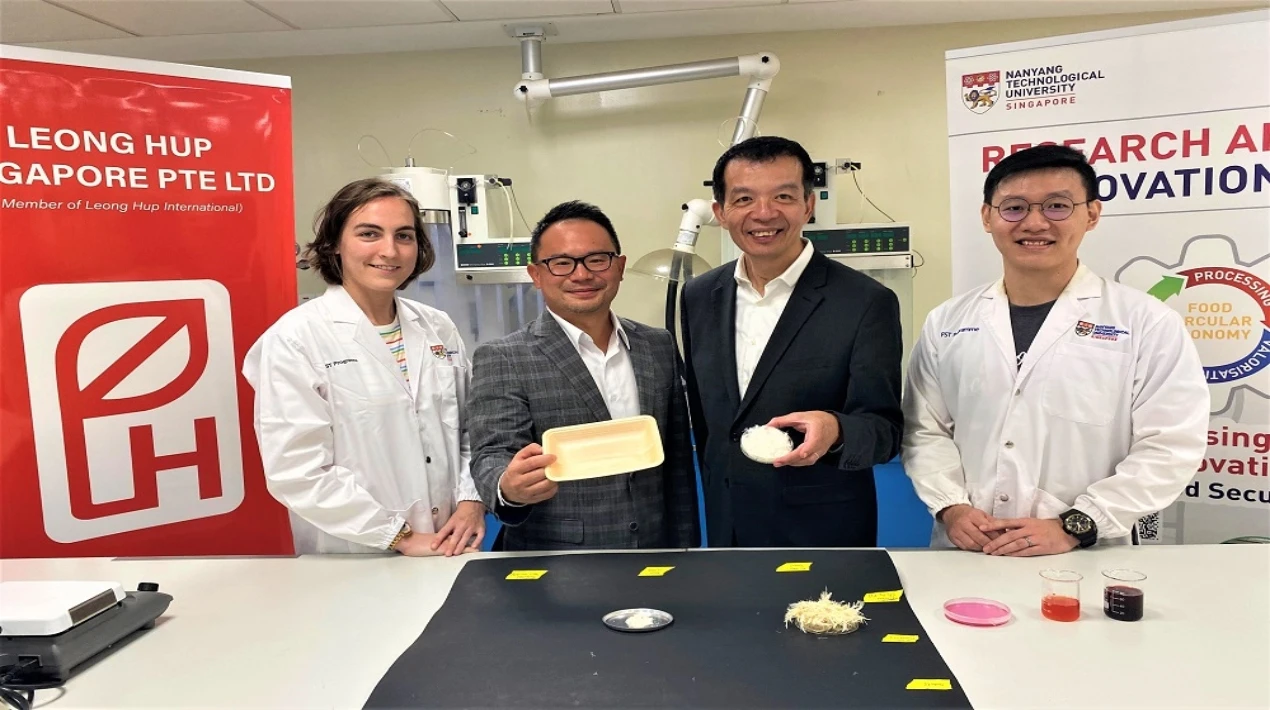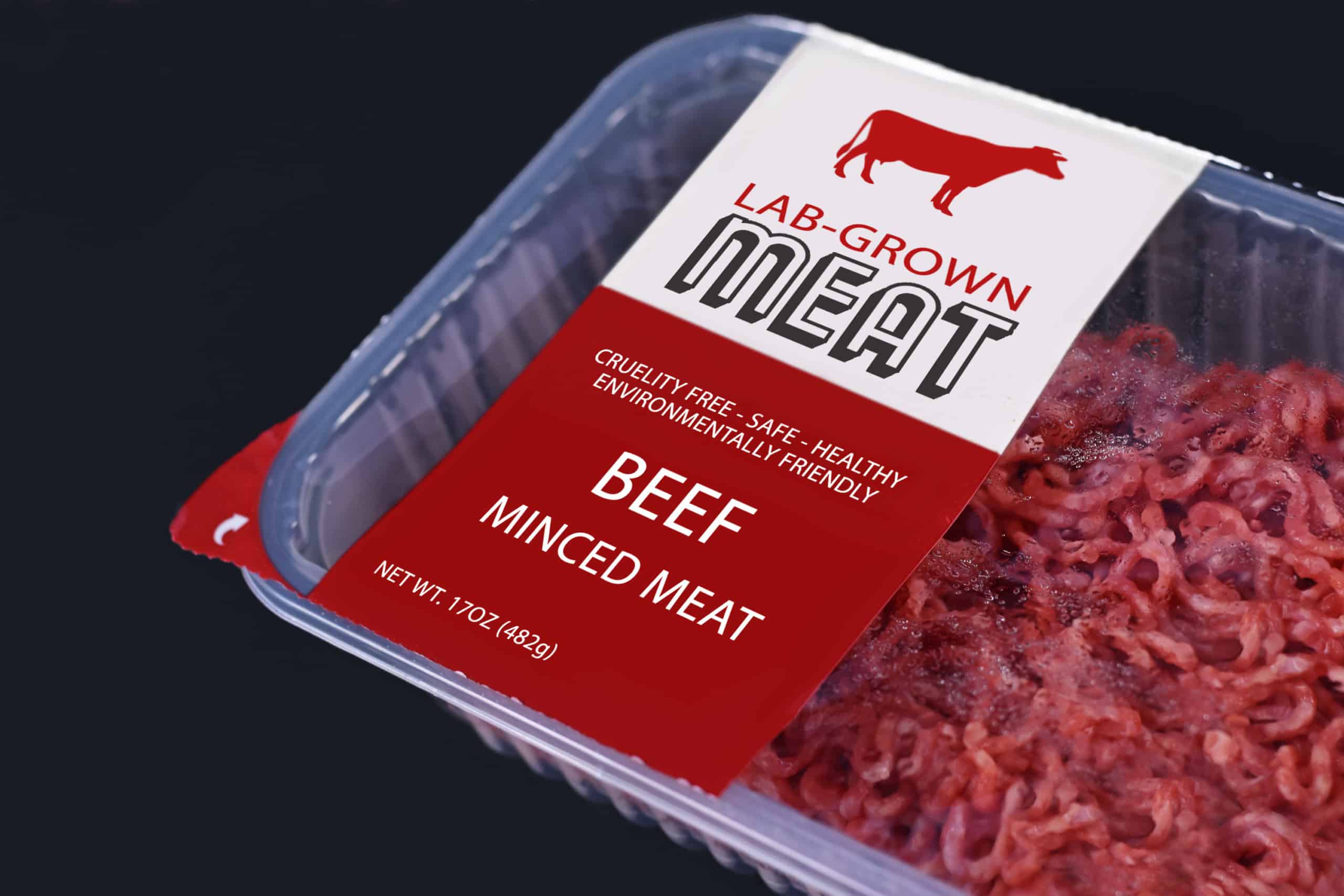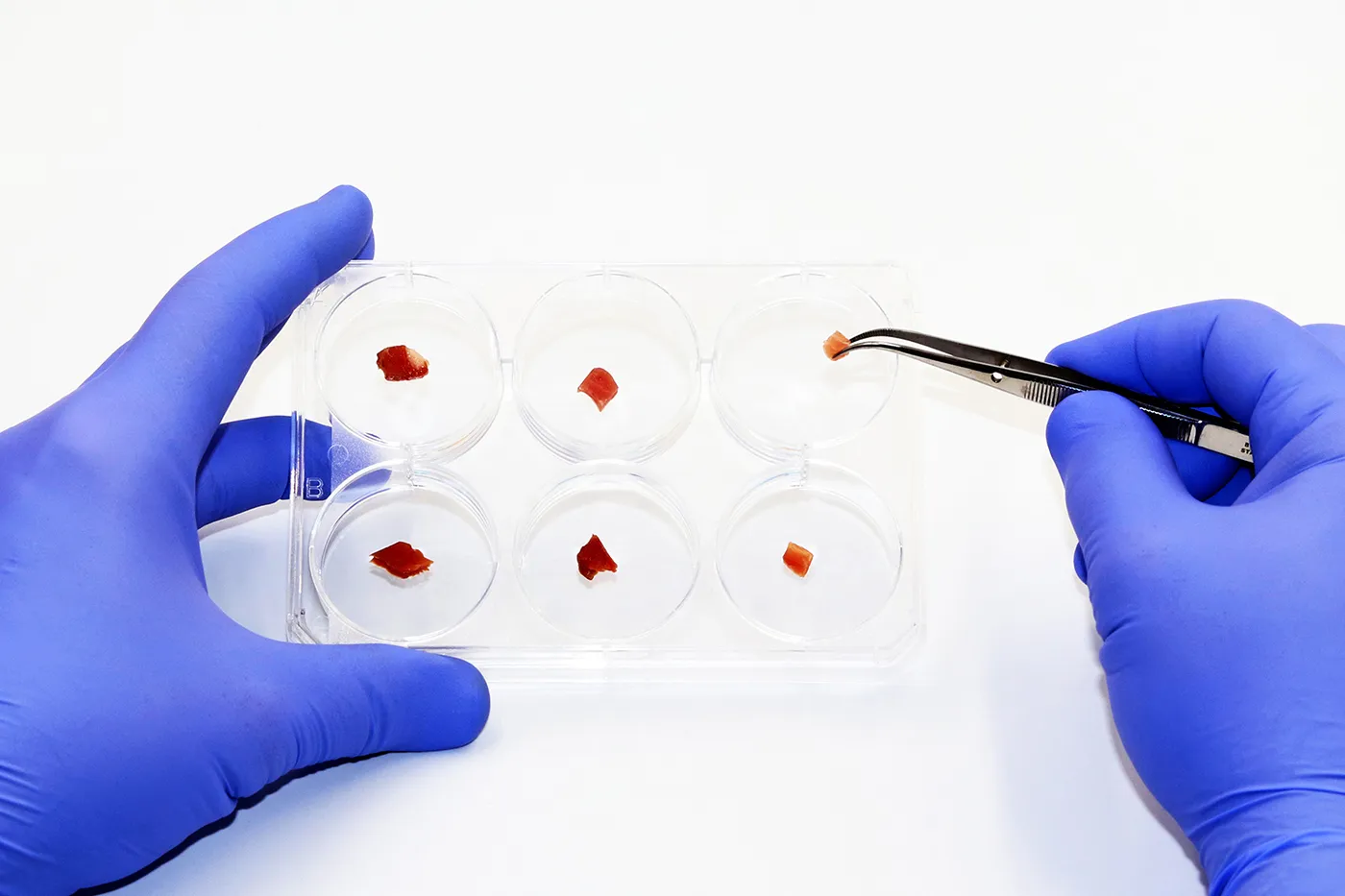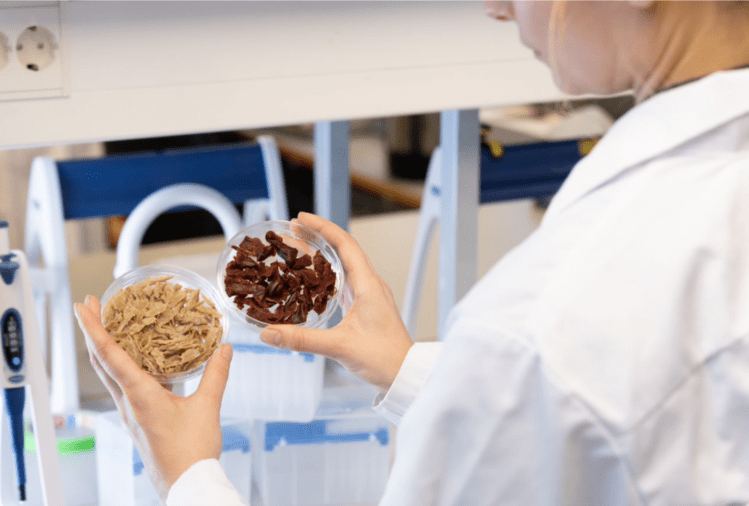Quotes from Vegconomist, May 24, 2024
In 2020, Singapore led the way in sanctioning lab-grown meat, setting a precedent for other countries. This milestone has since influenced a split in global regulatory stances, with some countries fostering a supportive climate for this innovation, while others have chosen to prohibit its use. The divergence in policy reflects the varying approaches to new food technologies and their integration into existing agricultural frameworks. Cultivated meat, a product of scientific advancement, continues to shape international food industry regulations, reflecting a broader conversation about sustainability and food security.
Globally, there are 174 enterprises engaged in the creation of lab-grown meat, utilizing cellular agriculture instead of traditional livestock rearing or marine harvesting. This development marks a significant triumph for a nascent sector that has been tasked with constructing its foundational elements from scratch. The innovative approach of these companies is reshaping the future of food production, emphasizing sustainability and efficiency.
The current briefing underscores the global sanctioning of lab-grown meat and the most recent proposals by firms looking to introduce novel cultured food items to the market. This reflects a significant step in the food technology sector, showcasing advancements and the readiness of businesses to expand the culinary choices available to the public with these innovative offerings.

The Rise of Lab-grown Meat in Consumer Markets
In 2020, Singapore became the first country to endorse the sale of lab-grown meat, specifically the chicken produced by GOOD Meat. This innovative food, comprising 70% lab-cultivated chicken cells combined with botanical elements, has since been prepared by culinary experts and offered across various dining venues, including upscale restaurants, through food delivery services, and in traditional street food markets.
Recently, GOOD Meat introduced an innovative frozen chicken offering at Huber’s Butchery. This event represents a milestone as it signifies the inaugural retail distribution of cultivated meat. Additionally, it is the initial occasion for consumers to prepare cultivated meat within their own kitchens and to express their opinions on the experience via social media platforms. This development marks a significant step in the consumer food industry, providing a new way for people to engage with and understand the potential of lab-grown meat products.
The latest version presented is a more affordable alternative, containing a blend of 3% lab-grown chicken cells and 97% ingredients derived from plants. Ryan Huling, the Senior Communications Manager for the Good Food Institute APAC, shared insights on the mixed composition product, stating, “The significant reduction in cost per item due to the combined formulations enables companies specializing in lab-grown meat to reach a broader customer base as they continue to expand their production capabilities.”

In the year 2022, an exclusive culinary event was hosted by GOOD Meat during the COP27 summit in Sharm El Sheikh, Egypt. This event showcased a selection of dishes, which were notably prepared using the company’s inaugural cultured chicken product.
Singapore Culinary Innovation with Lab-Grown Quail
In the month of April, the regulatory authority for food in Singapore, known as the SFA, granted authorization to Vow, an Australian company specializing in lab-grown meat, to commence production and commercialization of a novel quail-based food item. This product, which represents a pioneering step in the cultivated meat industry, was introduced under the name Forged Parfait at the MORI dining establishment within the Mandala Club. The company has announced plans for a progressive rollout to additional dining venues over the course of the year. This milestone has positioned Vow as the fourth global entity authorized to market lab-grown meat products.
Singapore’s innovative approach to new food technologies has garnered interest from global synthetic meat enterprises. Among these, companies such as Aleph Farms from Israel, Bluu Seafood of Germany, the Dutch firm Meatable, Vital Meat from France, and CellMEAT based in China, are noteworthy for their engagement in this forward-thinking market. This highlights Singapore’s role as a hub for the development and expansion of the cultivated meat industry, reflecting its commitment to embracing and fostering advancements in food science.
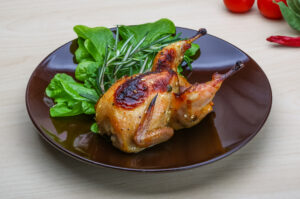
The Food Standards Agency has given its nod to the sampling of lab-grown meat within the nation. Such a policy has enabled companies like Meatable and Avant Meats from China to gather opinions from consumers regarding their offerings. This step is significant in the development and acceptance of alternative meat products, reflecting a growing interest in sustainable food sources.





